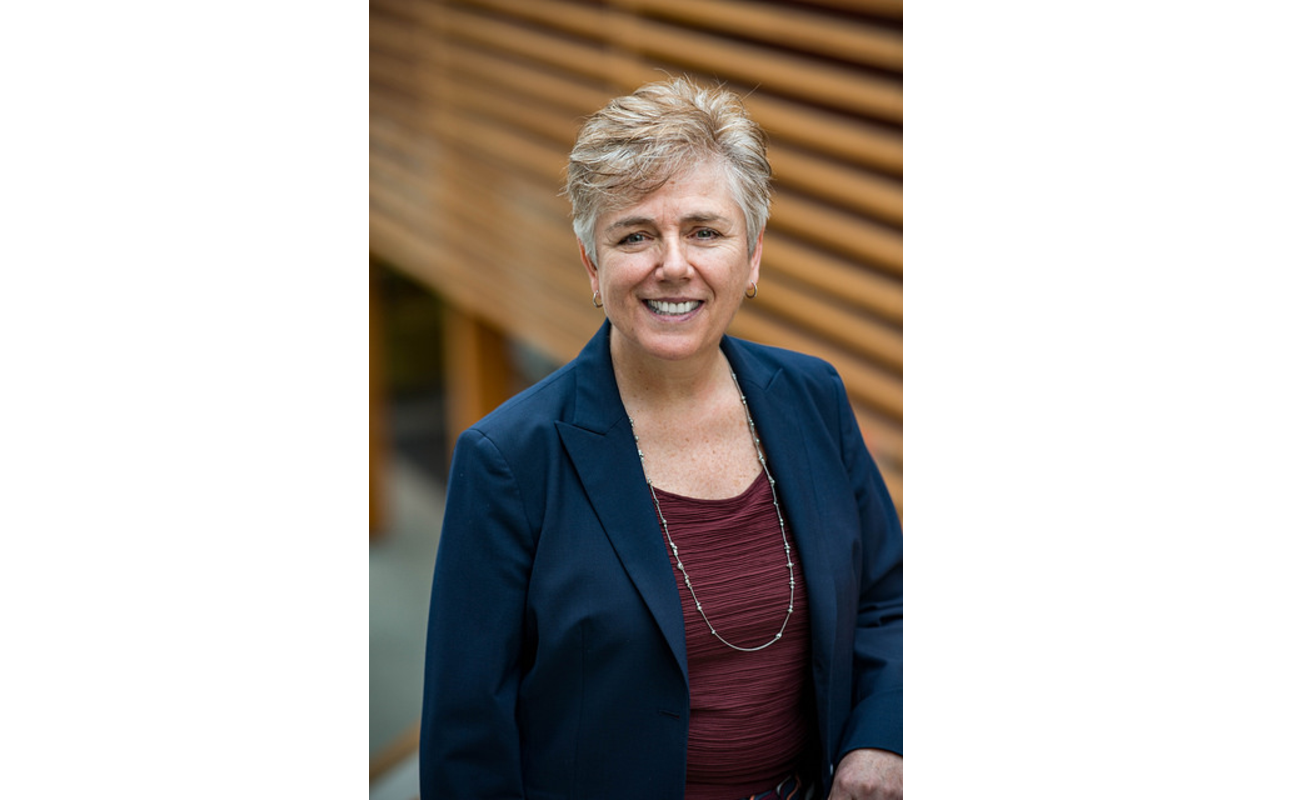Senate is the academic governing body of UFV, with the university president and vice-chancellor Joanne MacLean as the chair. They are responsible for making decisions on everything academic: approving new courses and programs, approving changes to programs, setting entrance requirements, and setting the academic calendar. The Board of Governors, which looks at the business side of the university, is advised by Senate on matters of mutual interest.
All at the university are welcome to attend Senate’s public meetings, which are usually held once a month at either the Abbotsford or the CEP campus, but are currently hosted online via Zoom due to COVID-19. Senate makes decisions that impact the daily lives of both students and faculty.
Presentation on Teaching and Learning Centre’s Efforts in COVID-19
Maureen Wideman, associate vice president of teaching and learning, presented her department’s findings on online learning at UFV via two separate presentations. The first focused on what the Teaching and Learning Centre (TLC) has accomplished since the fall semester began, revealing that the TLC has held approximately 900 personal consultations with faculty members between August and November. In addition, Wideman said the centre also hosted over 70 workshops and conducted 45 “under the hood” course consultations with faculty during that period. (These consultations involve having a team of TLC staff examine a single course and make recommendations to the instructor.)
Wideman also mentioned several other TLC accomplishments, including the successful transition of the Academic Success Centre’s tutoring efforts to an online format, and the upcoming rollout of Blackboard Ally, a tool intended to make Blackboard more usable for students with disabilities.
Wideman also later noted during a question-and-answer period that Blackboard itself continues to present difficulties for many students and staff members, and that she is not opposed to the possibility of UFV moving to another service in the future.
“I was ready to jettison [Blackboard] before COVID-19 hit and definitely start looking at other things, but that was definitely put on hold as a result of [the pandemic],” she said.
Results of Faculty Survey on Online Learning
Wideman’s second presentation focused on the results of a survey sent out to faculty about online learning. About half of all faculty recipients completed the survey, and the results revealed a wide number of findings.
Some notable stats and figures include that 49 per cent of faculty respondents had no experience with online learning prior to the pandemic, and that about 40 per cent of respondents have created alternative exam formats for their online courses, such as take-home tests or essays. Also, 74 per cent of faculty respondents said that they felt the workload increase due to online courses was “significant” and reported increased stress now that they are working from home.
Wideman pointed out, however, that the TLC expects online programming to continue even after the pandemic ends, and that despite the challenges, the centre has also received feedback from instructors who have discovered benefits to teaching remotely, with 12 per cent of survey respondents indicating that they would like to continue teaching “fully online” in the future.
“Things will not be the same when we go back after the pandemic,” said Wideman. “There will be more use of technology, more blended learning as a result, as people become more used to living and learning in this environment.”
Although the results of this survey focused primarily on the experience of faculty, Wideman also said at the presentation’s conclusion that a similar 10-minute survey will be sent out to students at some point within the next week.


